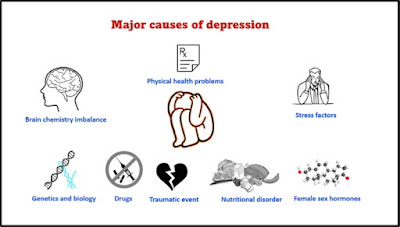Personality Disorder Treatment: A Comprehensive Guide to Healing

Personality Disorder Treatment: A Comprehensive Guide to Healing Personality disorders encompass a spectrum of mental health conditions that deeply affect an individual's thoughts, feelings, and behaviors. They often pose significant challenges but are manageable with the right approach and support. Understanding these disorders, their diagnosis and the various treatment modalities available is pivotal in fostering recovery and improving the quality of life for individuals affected. Understanding Personality Disorders Personality disorders are enduring patterns of inner experiences and behaviors that deviate significantly from societal expectations. They encompass various types, including borderline, narcissistic, antisocial, and avoidant personality disorders. These conditions arise from a combination of genetic, environmental, and psychological factors, resulting in distinct symptoms and signs. Diagnosis of Personality Disorders Diagnosing a personality disorder involves professi...






